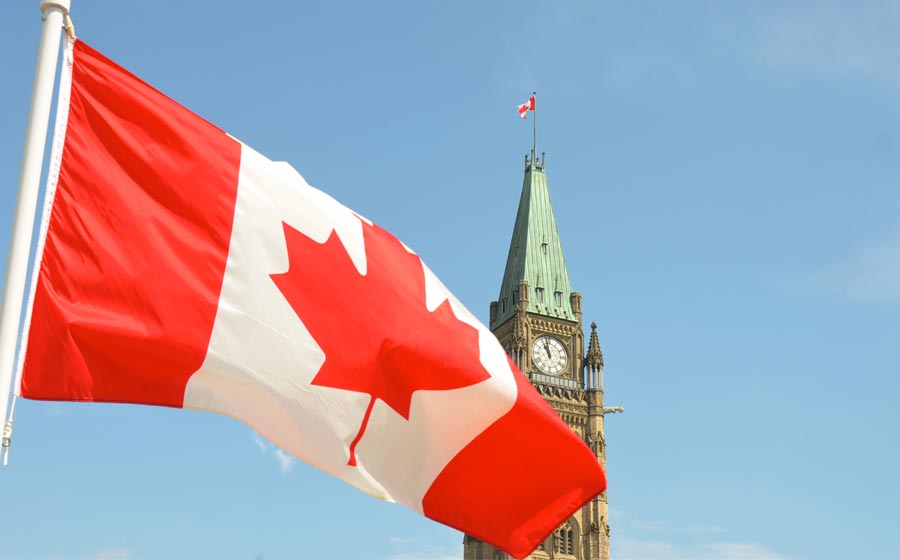- +44 20 3355 5414
- enquiry@globalwideconsultancy.com
- F3, 298 ROMFORD ROAD LONDON E7 9HD

Canada has a whole to offer as a study destination; adventure, academic excellence, and overall affordability. There’s no wonder as to why 200,000 international students choose to study in Canada every year! Canada’s education system is right up there with the best in the world, making entry requirements fairly competitive. Like the UK, a qualification attained here will be recognized and valued worldwide. In Canada, the responsibility to provide a quality education falls to each provincial authority rather than to the government. These provincial governments ensure that the educational level is incredibly high, whether the institution is a school, a college, or a university.
In addition to this, going tostudy in Canada is relatively cheap when compared to other destinations. As such, it is easy to see that going to study in Canada can provide a great return on your investment. There are also numerous job opportunities at your disposal should you need to regenerate your funds while you study.For students that meet the requirements, there is also a range of scholarships available to help reduce costs. Another notable fact is that Canada consistently ranks amongst the safest nations in the world to live in. In addition, as an international student, you can avail of the same quality of life and rights as a citizen. Other notable factors that improve the quality of life in Canada are clean water and air, lower population density, world-class healthcare, and an excellent education system.
In Canada, you can work part-time while studying to offset the costs of your course and to gain valuable work experience.
If the course you are studying continues for more than six months, you will be permitted to work for up to 20 hours weekly during term time.
You can also work full-time hours (40 per week) outside of term time.Before seeking a job, you will need a Social Insurance Number from Service Canada. This card will also allow you to avail of certain benefits made available by the government
A Canada study visa is vital to obtain before you leave for Canada. This permit is issued by the CIC (Citizenship and Immigration Canada). However, if your course is less than 6 months long, you will not need a permit.
For students, there are three different visa checklists:
This might all sound very daunting at first, but with a little help from us, it can be done with minimal stress.
If you meet the following criteria you will be eligible to apply for a Canada Study visa:
On average, Canada is the most educated country in the world, with over half of the citizenry holding a college degree. Studying in Canada is a relatively cheap option too when compared with many others, but the quality of education is also very high. However, due to the fact that the fees are affordable and it is considered a desirable location, the admissions process is competitive. Life in Canada is life-changing and offers quite a lot of diversity in scenery and culture. Essentially, it provides the opportunity to really enjoy nature without sacrificing any of the useful inventions of modernity. Students working part-time in Canada can expect to earn around $15 per hour or more. The fees start at $12,000 per year, while the living costs are about $9,000 per year.
Permanent residents and citizens of Canada can access healthcare services through the country’s national healthcare system. However, the individual province authorities decide whether an international student is eligible for the same benefits. It varies from region to region. To be safe, we would recommend investing in some health insurance to minimize risk. Local doctors are well-equipped to deal with medical issues. As such, they can provide basic healthcare and do health screenings if you require them. If they decide that you need to see a specialist, they can also refer you to one. If you find yourself in an emergency situation, the best thing to do is to call 911 or go to the emergency department of your nearest hospital. Any treatment received under these conditions will be free of charge. However,depending on the region, there may be a charge for the ambulance service.